According to statistics from the Ministry of Agriculture and Rural Development (MARD), the country currently has 18,109 centralized rural water supply works, providing clean water that meets standards for 9,374,264 rural households.
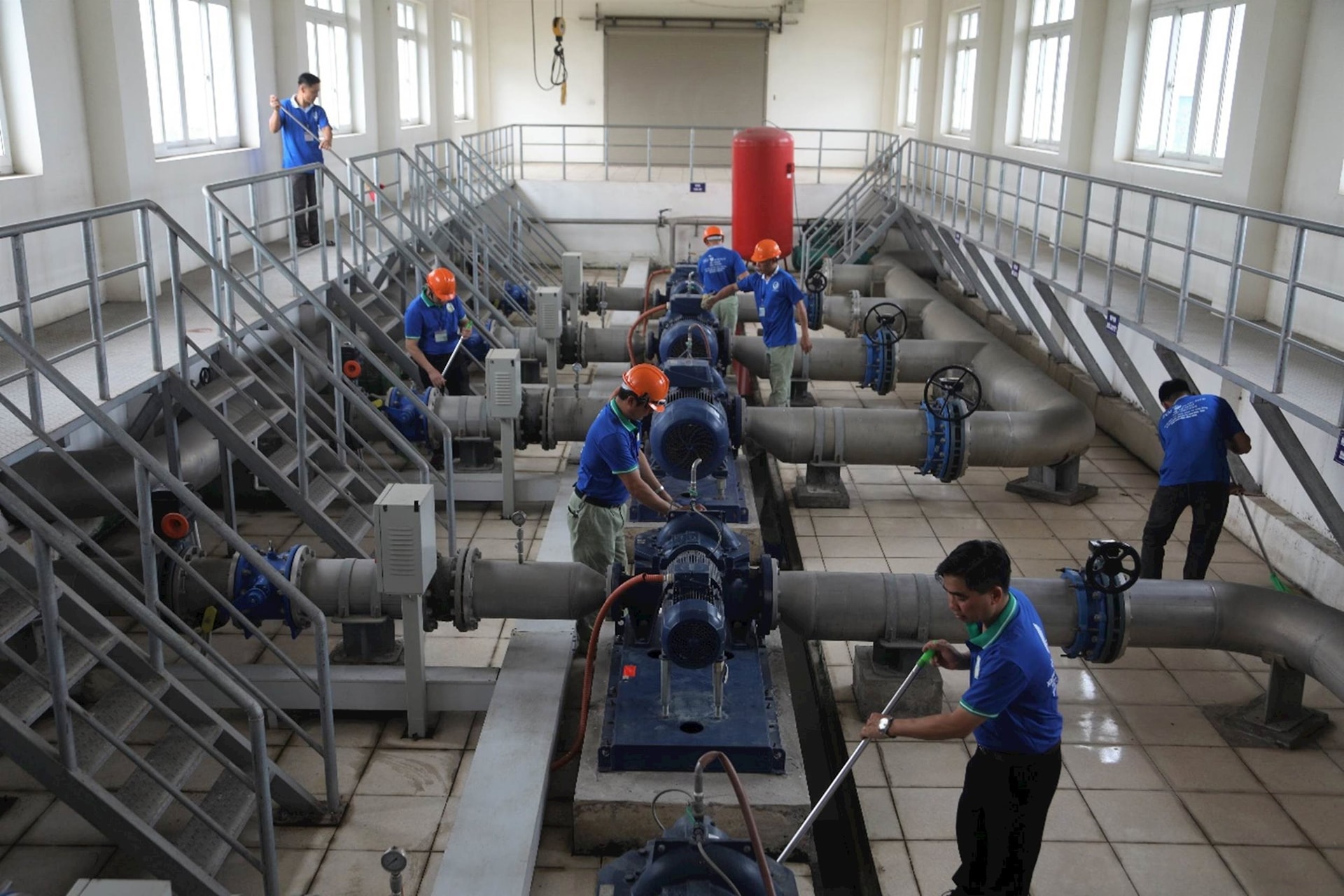
However, about 41.8% of water supply works are operating unsustainably and are not operating, affecting about 200,000 households. These works are mainly very small-scale rural centralized water supply works with a capacity of less than 50 m3/day and night...
Nearly 42% of clean water projects operate inefficiently
Assessing the current status of clean water implementation, Deputy Director of the Department of Irrigation Luong Van Anh said that the country currently has 18,109 centralized rural water supply works, providing clean water that meets standards for 9,374,264 rural households. Of which, the Red River Delta has the highest number of rural households using clean water that meets standards, at 91.9%. In some localities, water supply system management has applied integrated digital mapping technology GIS, mobile technology, cloud computing, and integrated into a comprehensive management system for water supply units.
Many localities continue to apply new technology applications to automatically monitor water quality; use asset management software, water quality and pressure monitoring equipment, control water supply zoning valves, etc.
However, currently, the whole country has 18,109 centralized rural water supply works, providing clean water that meets standards for more than 9 million rural households, of which 32.0% of the works operate sustainably, 26.3% of the works operate relatively sustainably, 27.0% of the works operate less sustainably and 14.8% of the works do not operate... Notably, the Northern mountainous region and the Central Highlands have the lowest rate of rural households using clean water that meets standards nationwide and these are also the regions with the lowest rate of households using clean water from centralized water supply works compared to other regions and compared to the national average rate.
“Although 74.2% of rural households use clean water that meets standards, in some provinces the rate of using clean water that meets standards from centralized water supply works is still very low nationwide, such as: Ha Giang (7.7%), Gia Lai (7.7%), Yen Bai (11.4%), Cao Bang (12.6%), Lam Dong 12.8%, Dien Bien (13.5%)” - Mr. Luong Van Anh said.
Need to develop investment support policies
Feedback from localities with low rates of clean water use shows that, although encouraging results have been achieved, rural clean water supply still faces many difficulties and challenges, namely: The policy system on water supply is not yet complete, there is no Law on water supply, existing regulations are not complete, lack synchronization, unity, and effectiveness and efficiency in practice are not high. One reason for the low rate of clean water coverage is that many clean water project investors are hesitant, because when investing in construction projects, in some localities, people still refuse to use clean water, leading to investment efficiency not meeting expectations.
Regarding this issue, Deputy Minister of Agriculture and Rural Development Nguyen Hoang Hiep said that the demand for investment resources for rural clean water to meet the target of 80% of the rural population using clean water by 2030 is very large, while investment resources for rural water supply mainly rely on the state budget, which is limited, social resources can only be mobilized in the plains, densely populated areas, and there is a lack of satisfactory solutions to promote these resources for mountainous areas, remote areas, etc.
In fact, due to the lack of economic and technical standards for the management and exploitation of centralized rural water supply projects, most localities have not approved water prices that are calculated correctly and fully. The ordering mechanism and budget allocation for water supply services in remote areas and ethnic minority areas have not been implemented, leading to many difficulties for rural water supply units in managing and operating the projects.
The models managed and operated by the People's Committee of the commune and the community have many problems. The reason is that the projects are small in scale with simple technology and low management and operation costs. The financial mechanism is unclear, difficult to check and determine financial transparency; water prices are low, revenue is not enough to cover operating costs; water quality and quantity cannot be controlled.
The trend of socialization is flourishing in areas with developed socio-economic conditions, but there is still a lack of regulations binding the responsibilities of enterprises and private individuals providing water supply services, and the legal tools for state management are not strong enough to ensure safe water supply and social security, leading to the risk of losing control and water supply security.
To achieve the goal by 2030, 100% of organizations managing and exploiting rural water supply works meet the requirements on management and exploitation capacity; 80% of the rural population has access to clean water that meets quality and standards, according to Mr. Luong Van Anh, it is necessary to review and evaluate the capacity and effectiveness of water supply works management and exploitation, and transfer the management and exploitation of water supply works to units with sufficient capacity. Develop and implement a roadmap to correctly and fully calculate the price of clean water in rural areas; cross-subsidize costs in the management and operation of water supply works, and eventually regulate water prices for each work...
Along with the support source, the source of capital integration from programs and projects with the same goal of rural clean water needs to mobilize maximum social resources. In addition, the Government should soon issue a Decree on rural clean water management.
Source: https://daidoanket.vn/nuoc-sach-nong-thon-con-nhieu-kho-khan-10294697.html


![[Photo] Unique folk games at Chuong Village Festival](https://vstatic.vietnam.vn/vietnam/resource/IMAGE/2025/4/10/cff805a06fdd443b9474c017f98075a4)




![[Photo] Prime Minister Pham Minh Chinh chairs meeting to discuss tax solutions for Vietnam's import and export goods](https://vstatic.vietnam.vn/vietnam/resource/IMAGE/2025/4/10/19b9ed81ca2940b79fb8a0b9ccef539a)
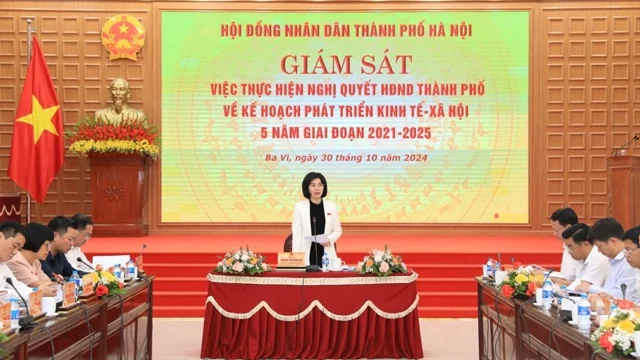

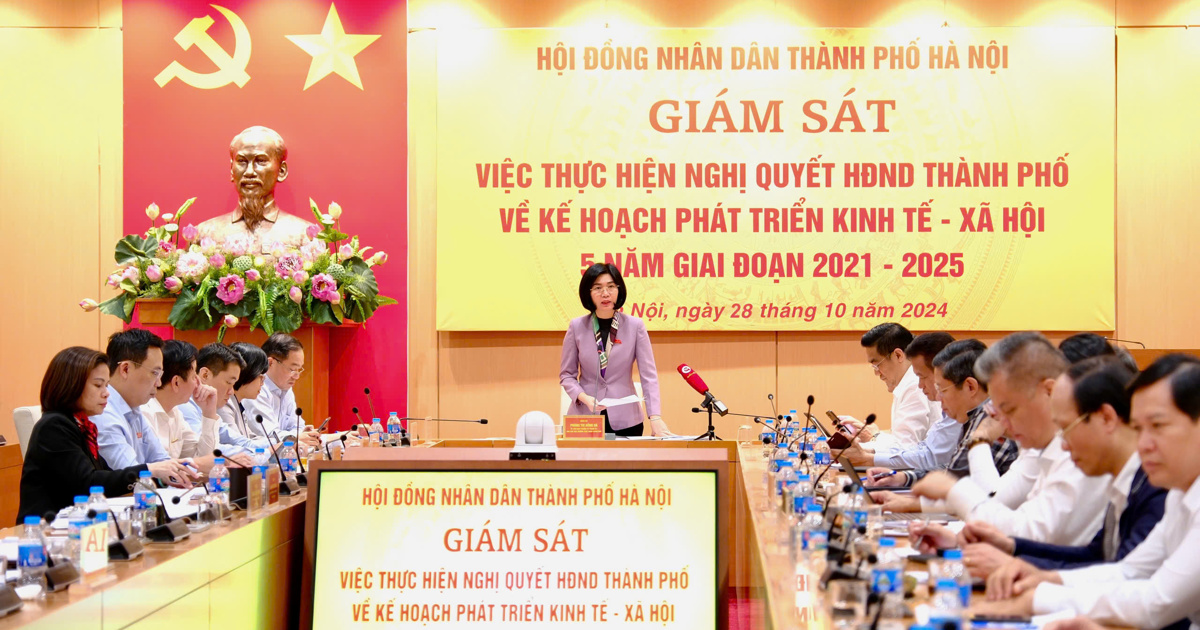
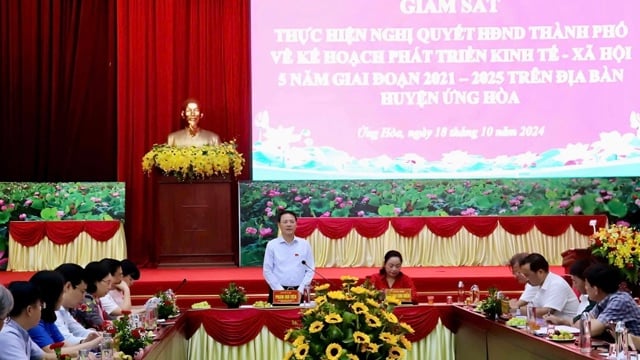
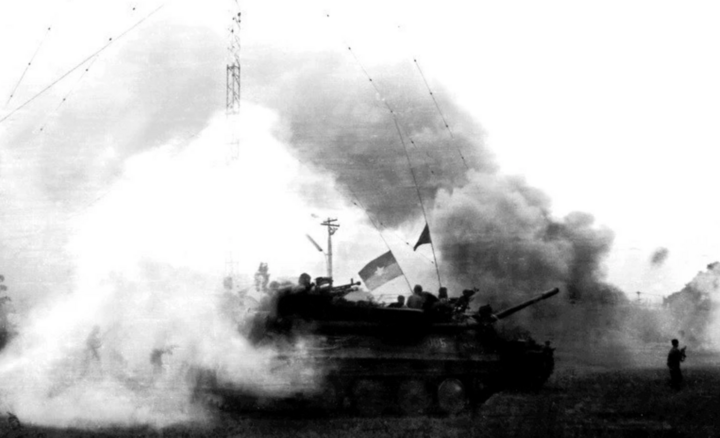
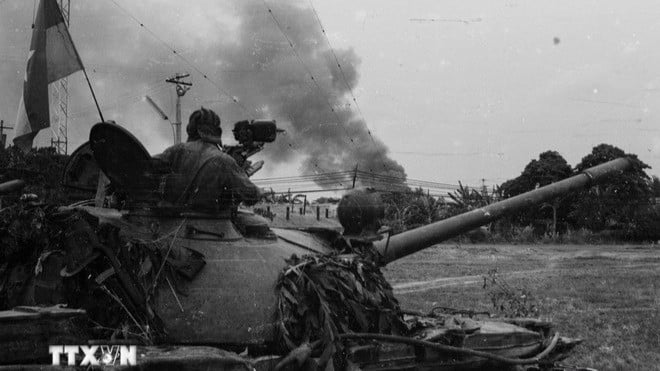
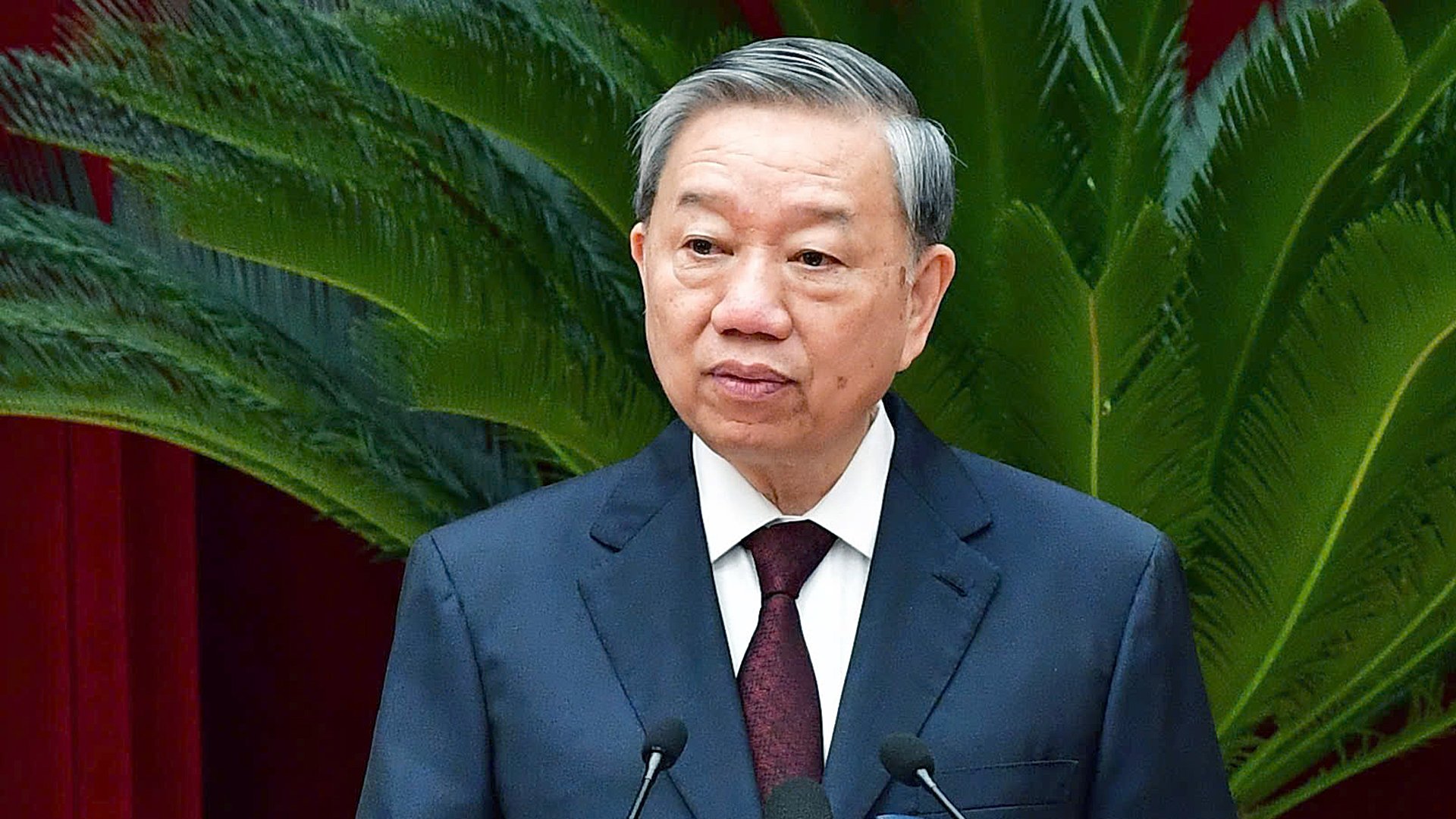
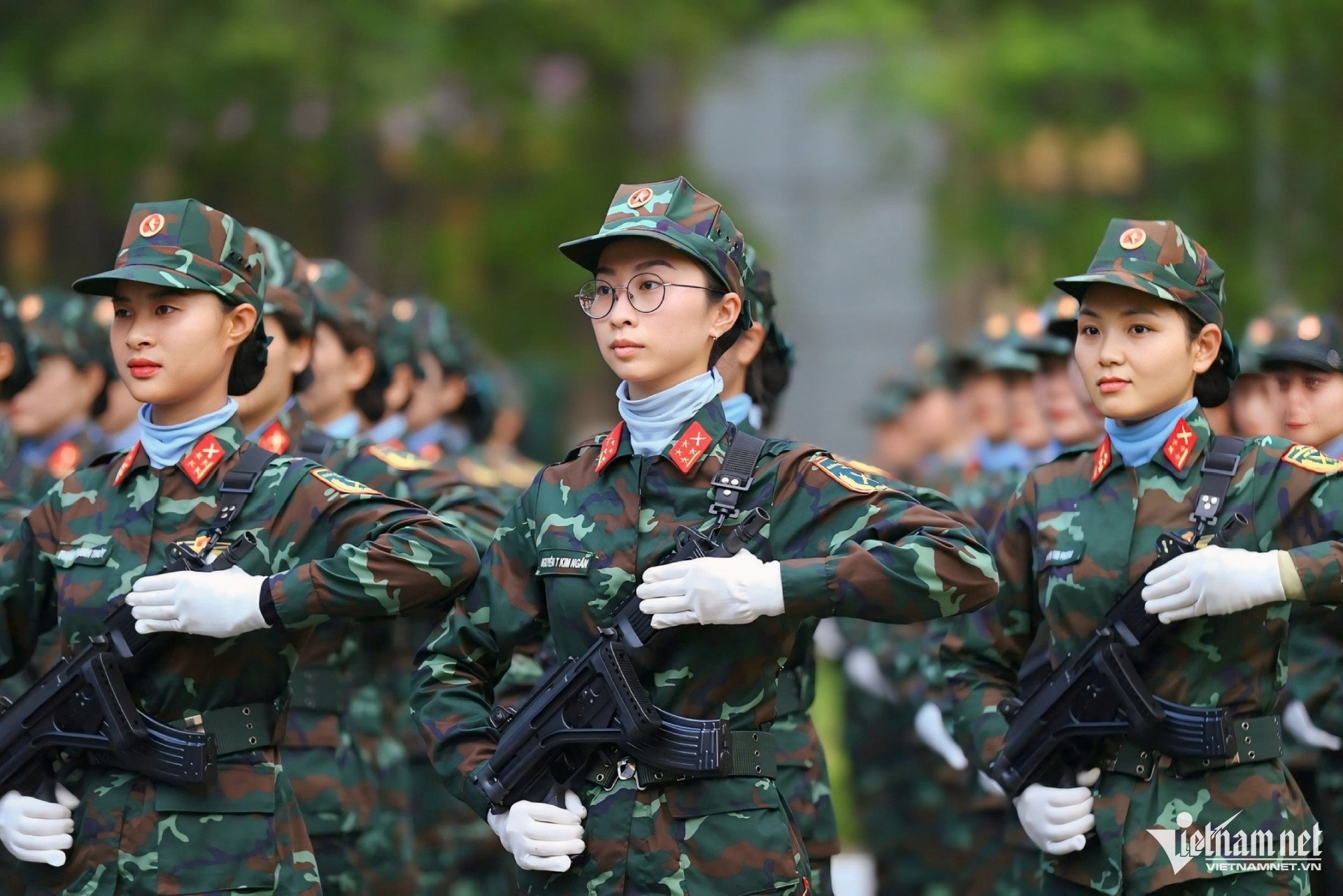
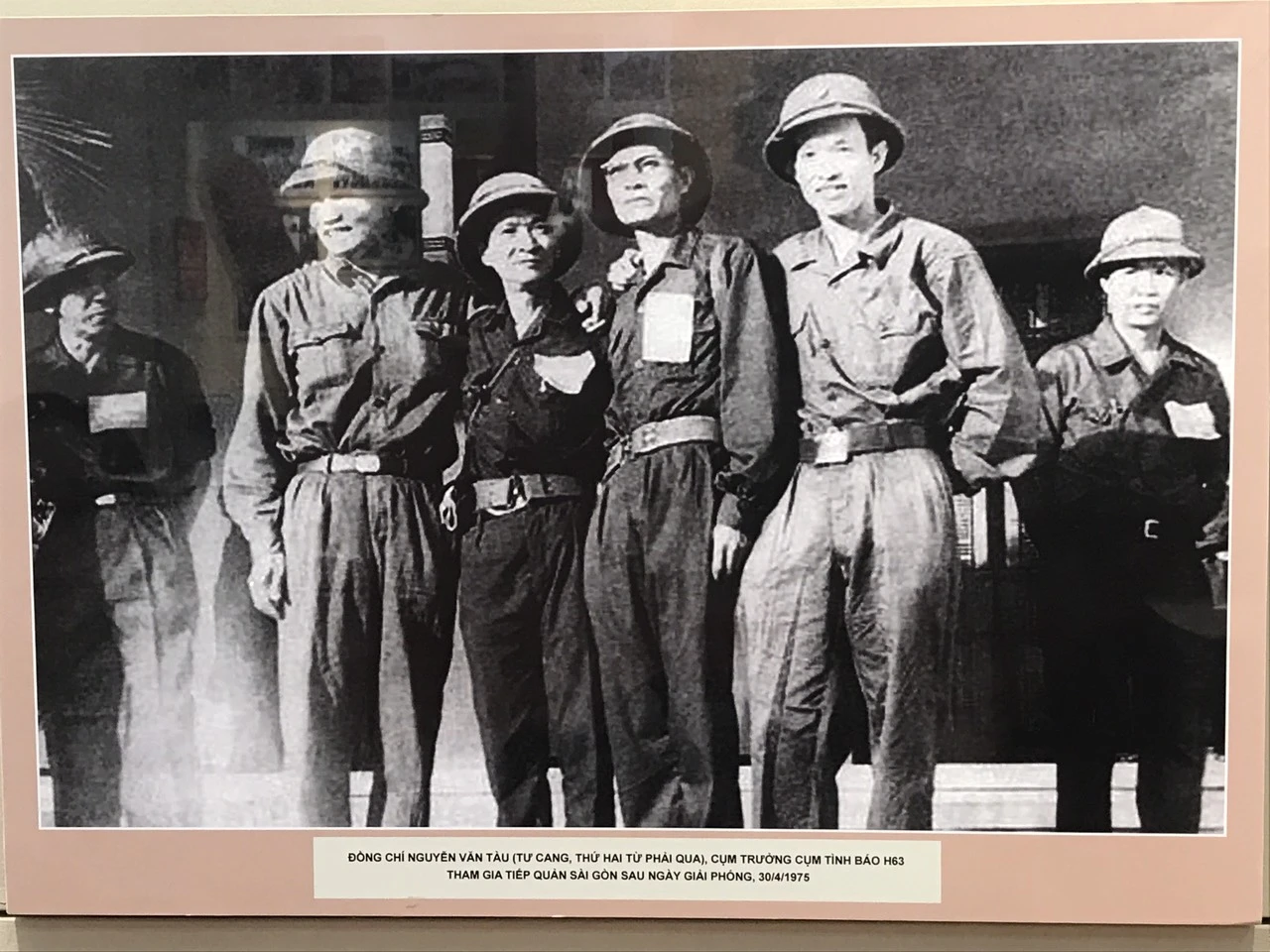




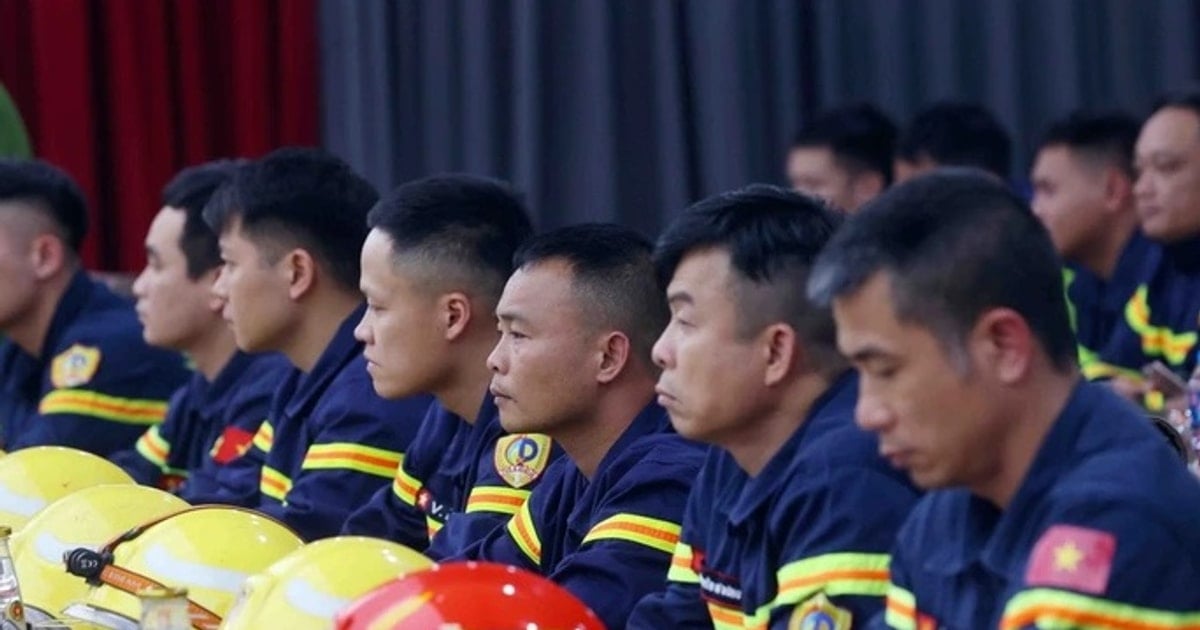
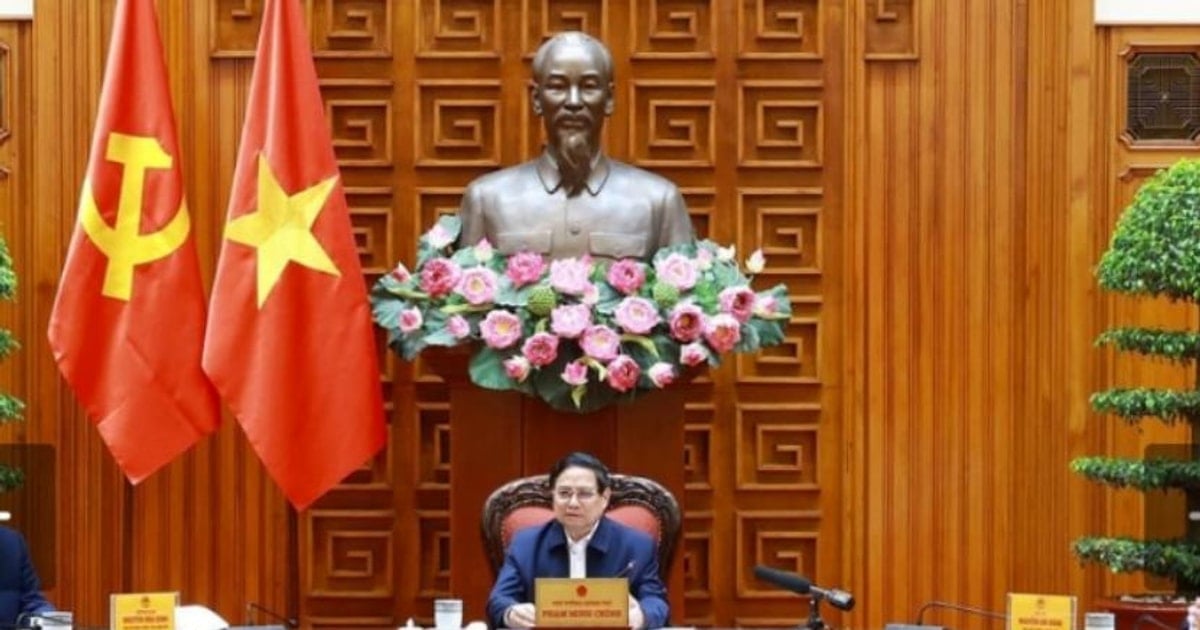
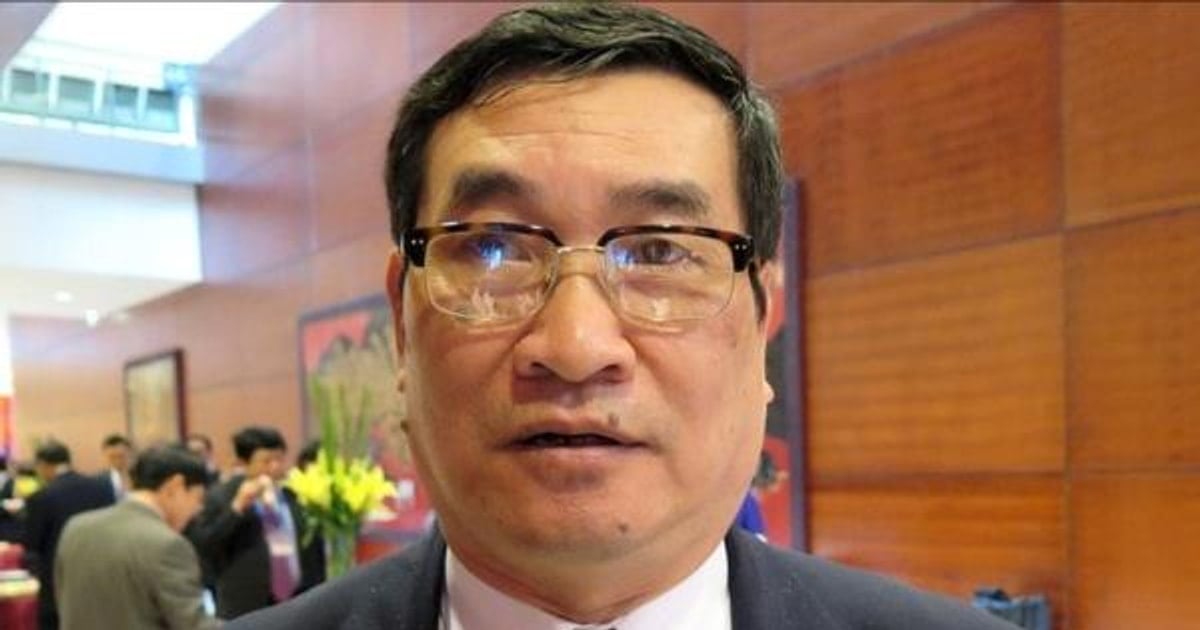
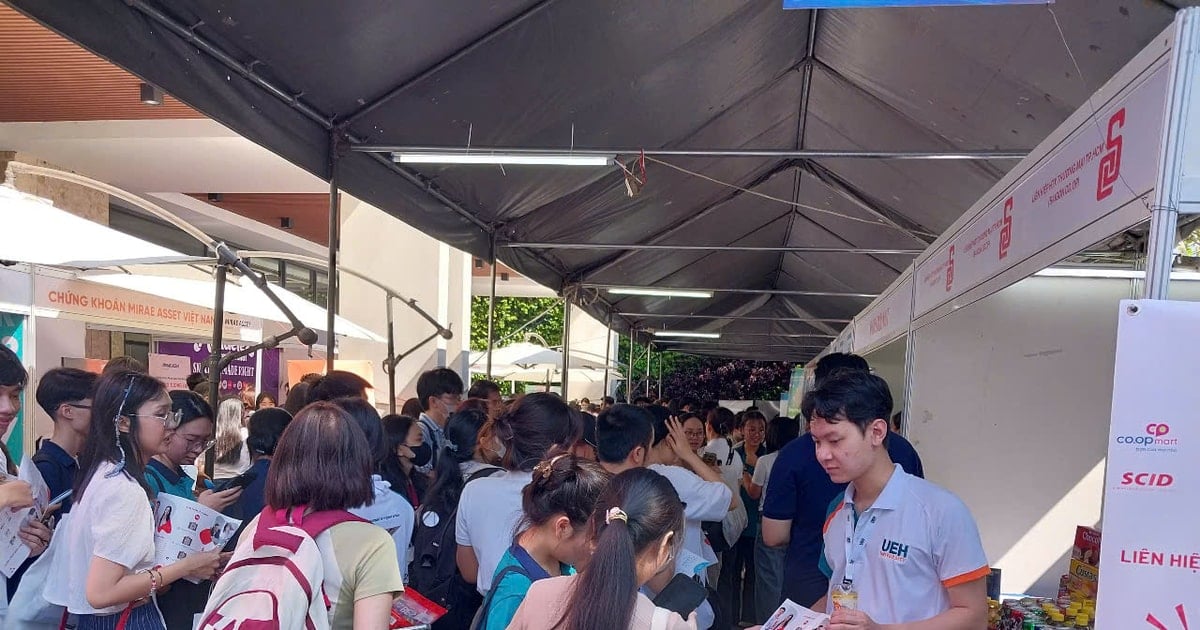
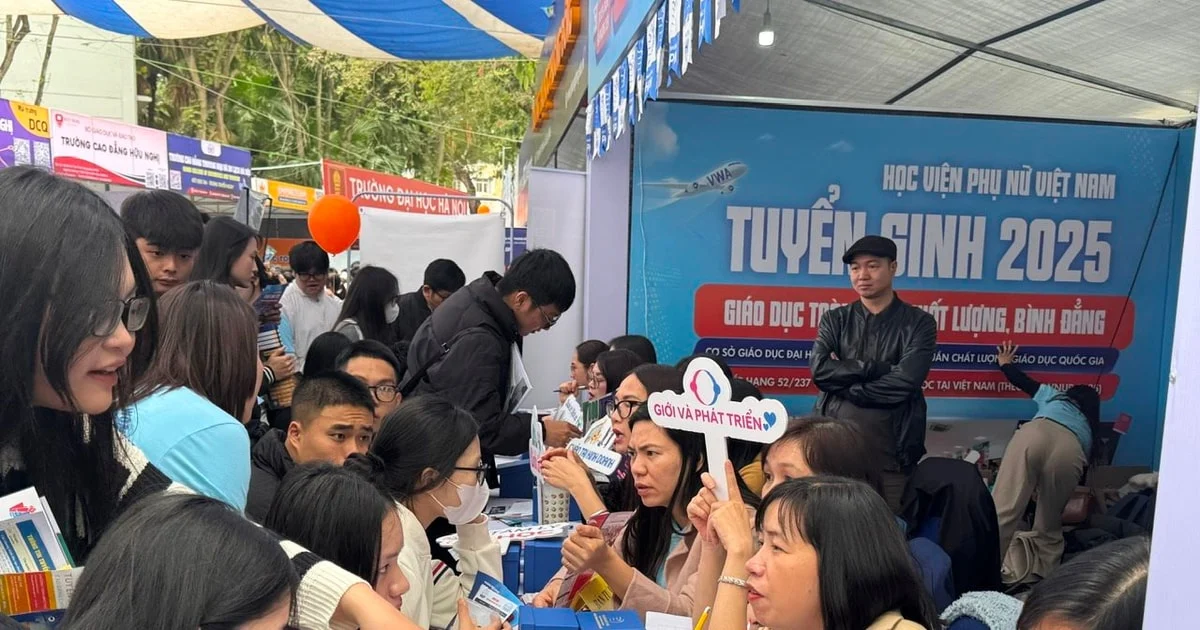
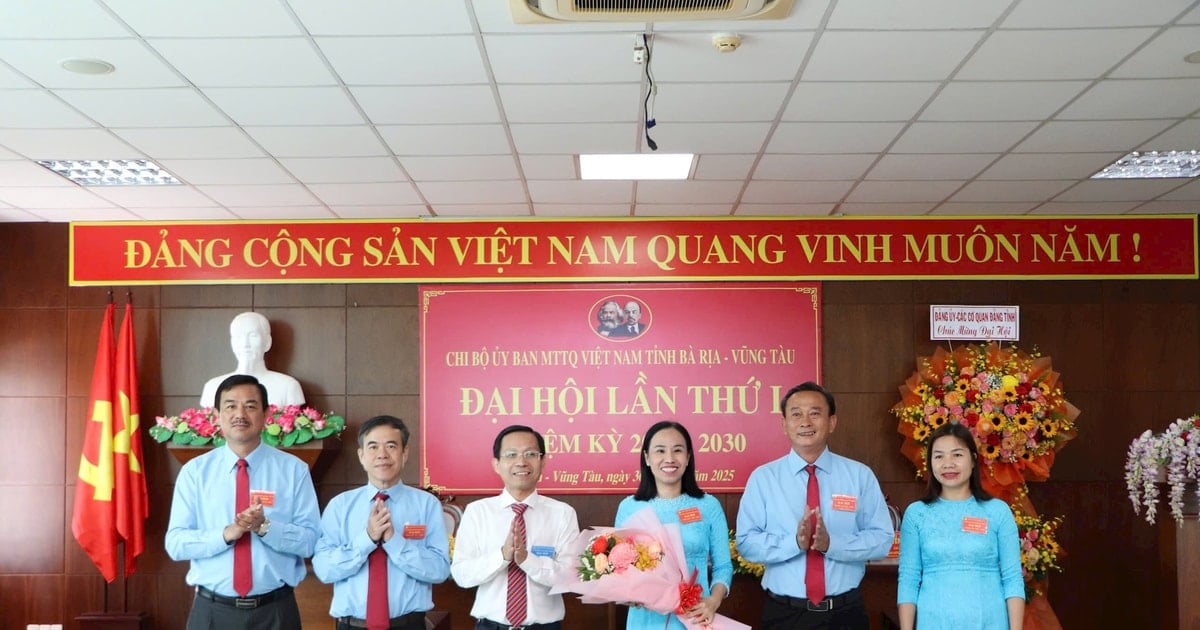

















































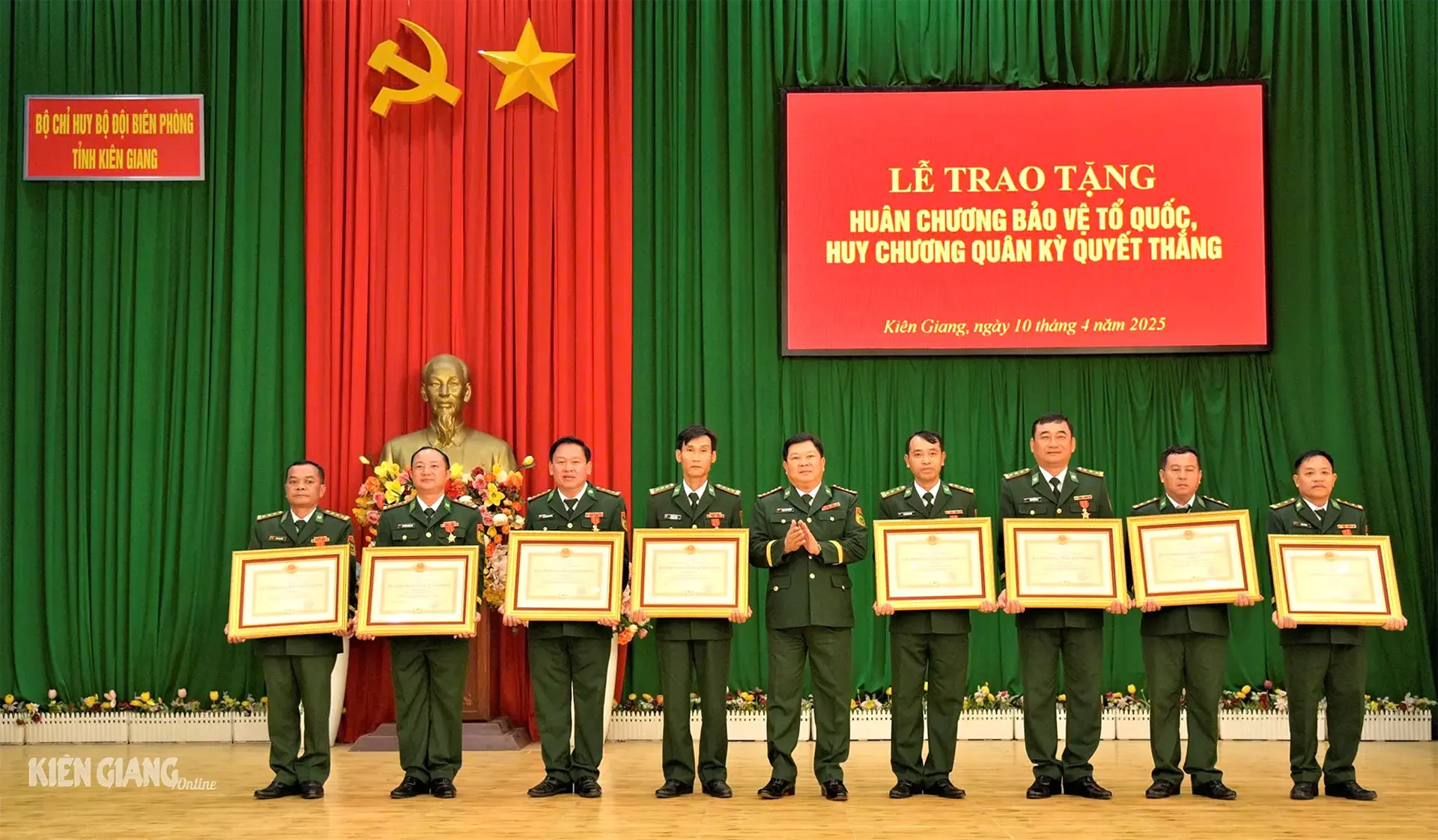
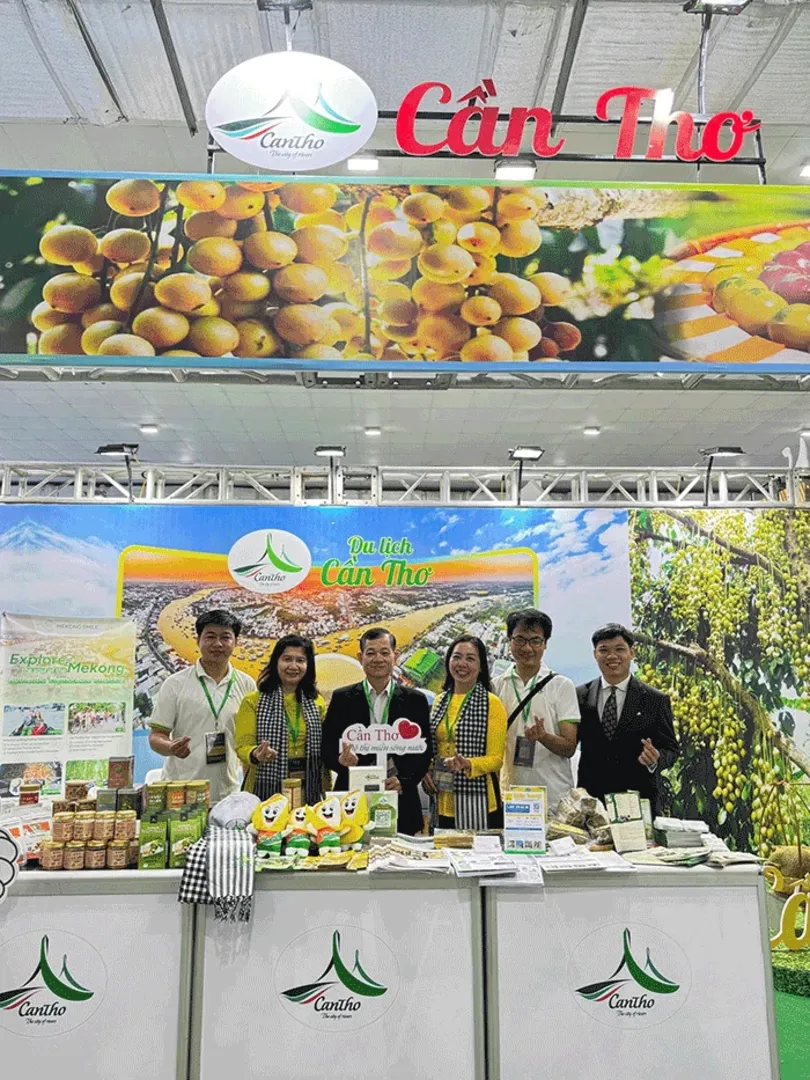

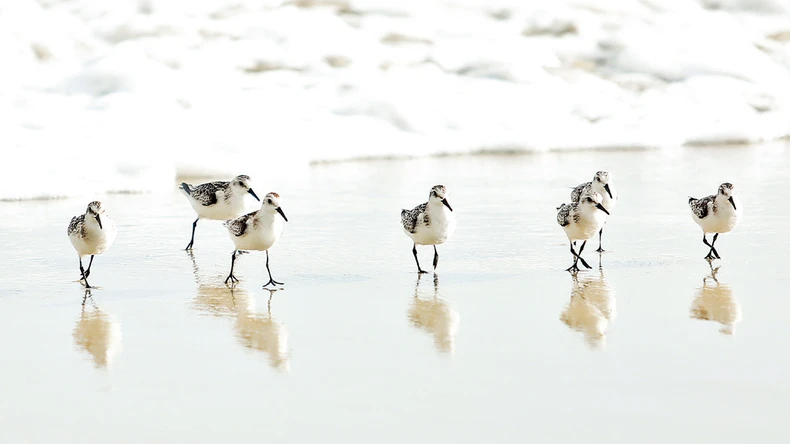














Comment (0)